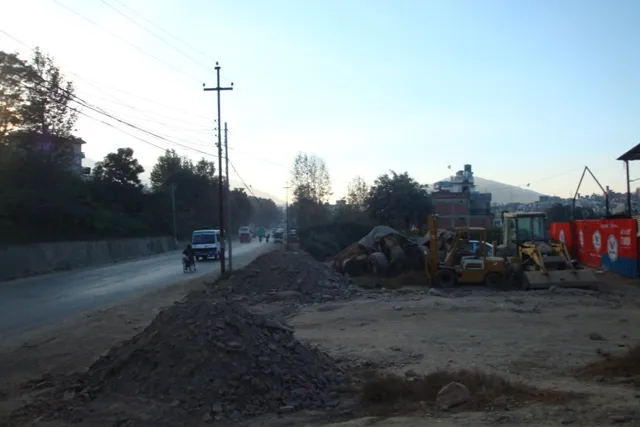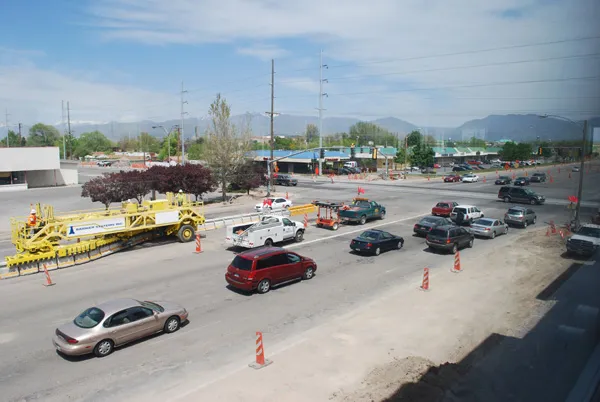The Nepalese authorities closed the incomplete third phase section of the BP highway to traffic following two fatal accidents recently. In all 58 people were killed in the two accidents on the Khurkot-Nepalthok stretch of the BP highway route, although construction work on the stretch has yet to be completed. So far 123km of the 158km route has been built by a Japanese contractor and these three stretches of the road have been opened to traffic. Of the remaining 37km being built, some 14km should be complet
April 26, 2012
Read time: 2 mins
RSSThe Nepalese authorities closed the incomplete third phase section of the BP highway to traffic following two fatal accidents recently. In all 58 people were killed in the two accidents on the Khurkot-Nepalthok stretch of the BP highway route, although construction work on the stretch has yet to be completed. So far 123km of the 158km route has been built by a Japanese contractor and these three stretches of the road have been opened to traffic. Of the remaining 37km being built, some 14km should be complete within five months. These most recent accidents and other incidents have highlighted the safety issues of the existing Khurkot-Nepalthok section, with the safety improvements now being prioritised. The upgrade work for this section will include widening the road and removing dangerous curves. In all the BP highway, which was planned in the late 1980s with input from Japanese body 6706 JICA, features four sections: Bardibas-Sindhuli Bazaaar; Sindhuli Bazaar-Khurkot; Khurkot-Nepalthok; Nepalthok-Dhulikel. Construction work commenced in 1996 on the highway, which is designed to improve transport connections between capital Kathmandu and Teria.








